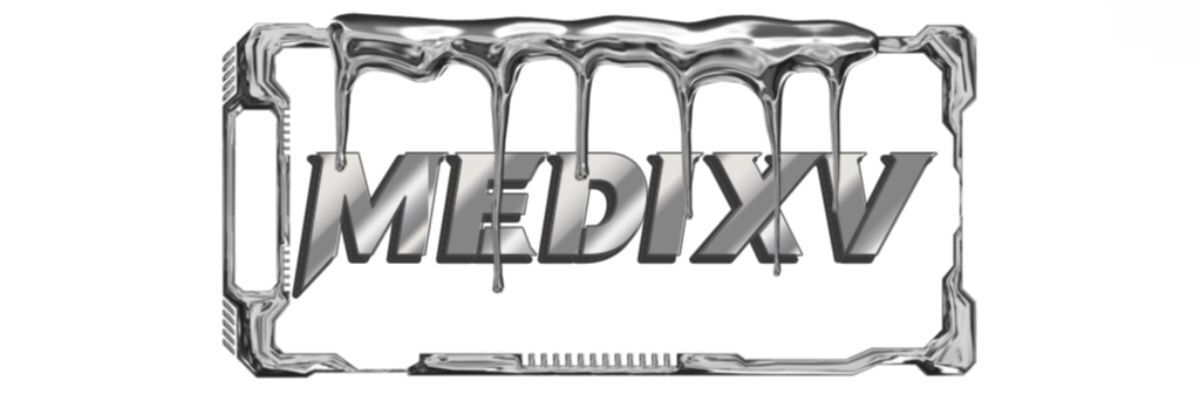Unlocking Surfactants: Solve Your Cleaning Woes with These Game-Changing Ingredients!
Understanding Surfactants and Their Role in Cleaning
Have you ever wondered how some cleaning products are able to lift dirt and grease effortlessly? The answer lies in the magical world of surfactants. These powerful ingredients play a crucial role in breaking down and removing contaminants from surfaces, making them essential in both household and industrial cleaning solutions.
Are you interested in learning more about What Is Surfactants? Contact us today to secure an expert consultation!
What Is Surfactants?
Surfactants, short for surface-active agents, are compounds that alter the properties of liquids, allowing them to effectively interact with various contaminants. They reduce the surface tension of water, enabling it to spread and penetrate more easily, which drastically improves cleaning efficacy. By understanding how surfactants work, you can choose the right products for your cleaning needs.
Types of Surfactants
Surfactants can be categorized into four main types based on their ionic charge:
- Anionic Surfactants: Often found in laundry detergents, these surfactants are excellent at removing dirt and stains.
- Cationic Surfactants: Typically used in fabric softeners, they help reduce static and add softness to fabrics.
- Non-ionic Surfactants: These are versatile and work well in a variety of applications, including dishwashing liquids and general-purpose cleaners.
- Amphoteric Surfactants: They can act as either anionic or cationic depending on the pH of the solution, making them useful in personal care products.
Benefits of Using Surfactants in Cleaning Products
Incorporating surfactants into your cleaning routine offers numerous advantages:
- Enhanced Cleaning Power: Their ability to break down oils and grease results in a more thorough clean.
- Improved Rinsing: Surfactants allow water to rinse away dirt more effectively, leaving surfaces spotless.
- Stain Removal: They are particularly effective at removing stubborn stains from fabrics and surfaces.
Choosing the Right Surfactant
When selecting cleaning products, it’s important to consider the type of surfactant that will best suit your needs. For example, if you're tackling heavy grease in the kitchen, an anionic surfactant may be your best bet. On the other hand, for delicate fabrics, a non-ionic surfactant might be more appropriate to ensure safety and gentleness.
Eco-Friendly Surfactants
As consumers become more environmentally conscious, the demand for eco-friendly surfactants is on the rise. Biodegradable surfactants derived from natural sources such as plants and sugars are becoming increasingly popular in cleaning products. These alternatives provide effective cleaning without harming the environment.
Conclusion
Understanding what surfactants are and how they function can significantly enhance your cleaning experience. The right surfactant-based products can help you conquer tough cleaning challenges and keep your spaces sparkling clean. By making informed choices about the cleaning agents you use, you not only improve effectiveness but also contribute to a more sustainable environment.
Contact us to discuss your requirements of Surfactants in China. Our experienced sales team can help you identify the options that best suit your needs.


Comments
0